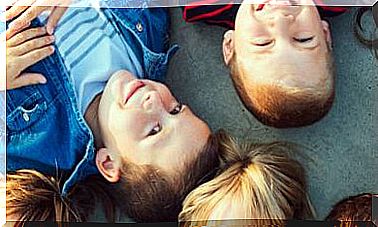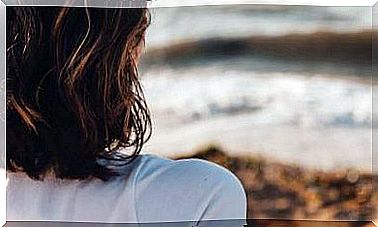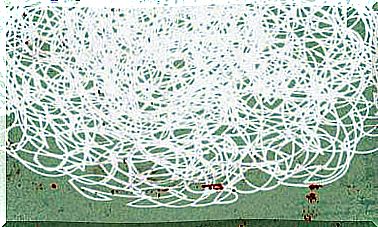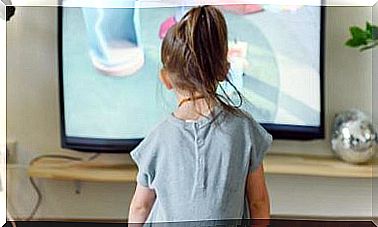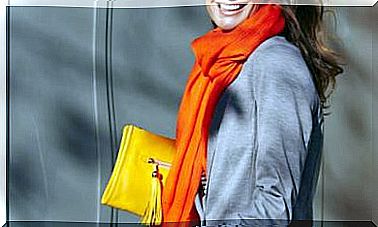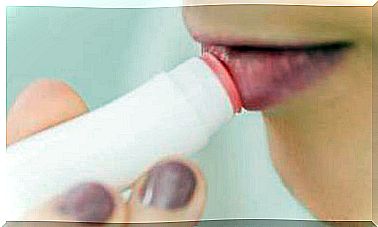Mothers’ Universal Empathy
A Swiss study found that mothers feel the same empathy for other babies as they do for their own baby. Is it the legacy of tribe upbringing?
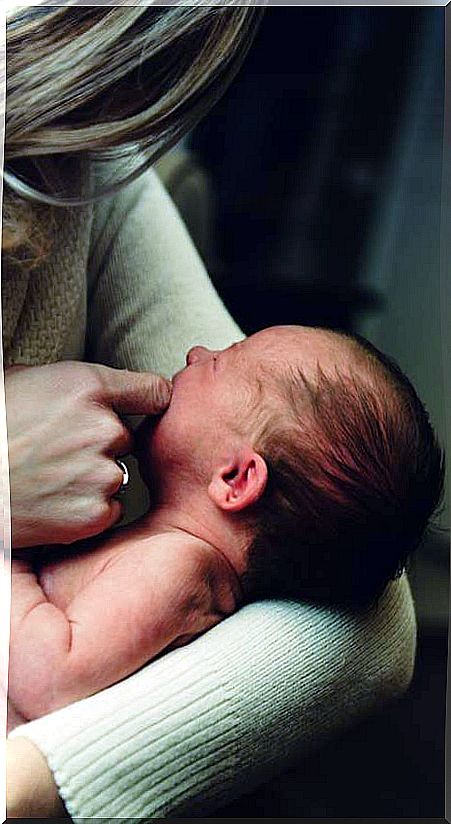
I have come from spending a few days of intense work in Switzerland, researching about physiological childbirth, thanks to a project funded by the European Union and sharing time and walks with wonderful women.
My friend Ximena was driving on the Swiss roads when she dropped this pearl on me: “for a whole year I donated my milk to the premature babies at the 12 de Octubre hospital”.
At that time she worked in an advertising agency and every time she retired to express her milk or had to go out to take her to the hospital, some of her colleagues laughed at her. “The dairy cow is here” was the softest thing he heard.
She told me that the comments were so unpleasant that every time she went out to take her milk to the hospital milk bank, she thought it would be the last time. But later, when he arrived at the Unit and saw the premature babies there, he forgot the intention of leaving it : “I did not put them directly to my breast because it was not allowed, but I felt like it …”.
Years passed and Ximena, with her family, moved to Switzerland and became a La Leche League monitor and doula. He left advertising and now works as a doula in a country where this profession is legally recognized.
Her story at the milk bank illustrates the generosity and empathy of many mothers, not only those who donate their milk, but also those who take care of their children in a thousand loving ways, as if they were their own children.
The powerful bond between a mother and (any) baby
His words reminded me of a beautiful study published a few years ago already entitled “What’s in a smile? Responses of the maternal brain to the baby’s signals.” It was performed at Yale University by pediatrician Lane Strathearn and his colleagues.
They studied with functional magnetic resonance how the mother’s brain responds to the facial expressions of her baby depending on whether the child is happy, neutral or sad and compared it with the response given to an unknown baby. Twenty-eight first-time mothers participated with their babies aged between 5 and 10 months.
The authors found that when mothers see their baby’s face, an extensive brain circuit seems to be activated to direct behavior. Dopaminergic areas are activated only with expressions of happiness: seeing your baby happy is highly addictive and the smile of a son or daughter is an especially pleasant and rewarding experience.
What the authors did not expect was to find that mothers respond almost identically when they see an unfamiliar baby cry as their baby. According to the researchers: “it seems as if at least in this group of mothers the brain responds equally to the suffering of its own baby or of unknown babies”.
When I read it I thought I surely missed them because they weren’t mothers. And it is that most mothers know that seeing any baby cry or suffer deeply moves us: we quickly feel like doing everything in our power to comfort them.
Surely it has something to do with the legacy of our ancestors, who raised in tribe and who were used to taking care of the children of other women almost as if they were their own. Matter of survival.
In Switzerland these days, once again, I have felt part of a universal chain of women who help other women and especially mothers.
Solidarity between women
Women who voluntarily respond to early morning emails from mothers who write “I need help” in the subject line. Friends who accompany others postpartum to help them with household chores, even if that means traveling a few kilometers daily.
Mothers who convene women’s circles in their own homes, opening them up to strangers so that we can all find a safe place to get to know each other better. Women who mobilize almost immediately to ensure that a nursing baby, in this case little Jonás, is urgently reunited with Najat, his mother, from whom he has been separated by the social services of Cádiz for discriminatory and traumatic reasons for both of them, but especially for little Jonah.
Meeting all these mothers encourages me to imagine a better world the day they all occupy positions of power. Let our eyes see it!


